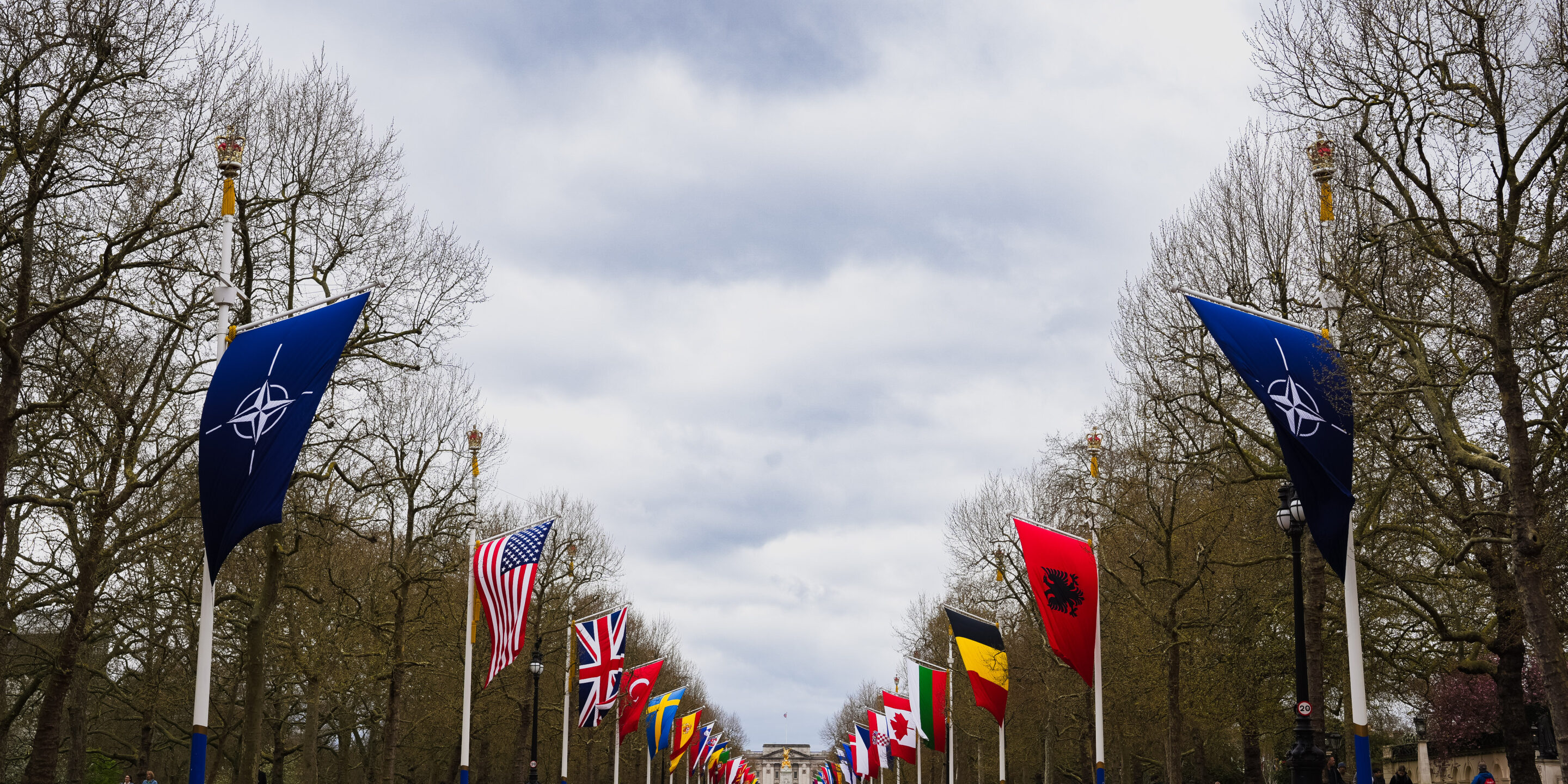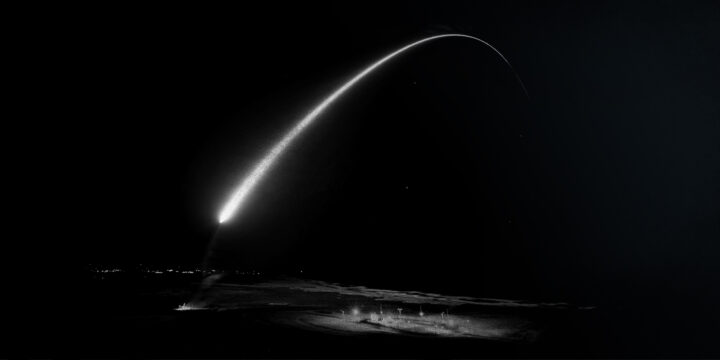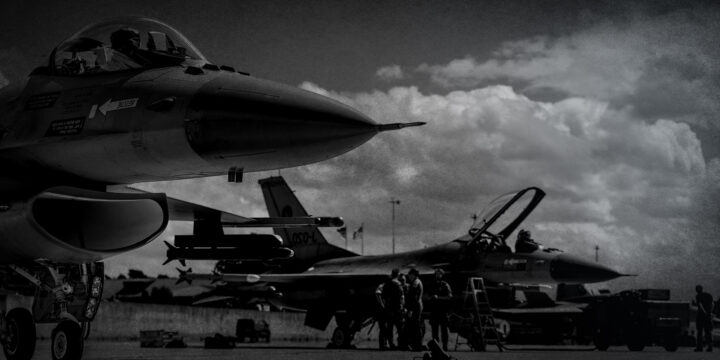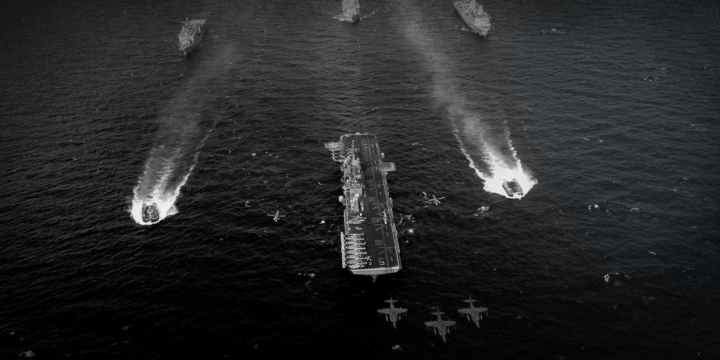
World leaders will descend on Washington next week to celebrate the North Atlantic Treaty Organization’s historic 75th anniversary. The occasion will doubtless feature endless reflections on NATO’s successes over the past three-quarters of a century, exceeded only by what we expect will be boundless expressions of faith in the future of the Alliance.
More than one participant will surely argue that NATO is indispensable and speak in glowing terms about all the good things NATO will accomplish over the next 75 years. And to a not-inconsiderable extent, of course, this back-patting is warranted. If we assess NATO’s performance since its inception in terms of the famous characterization of its raison d’etre (attributed to its first Secretary-General, Lord Ismay) — keeping the Russians out, the Germans down and the Americans in — there can be no gainsaying the fact that the Alliance has been successful.
The Soviet threat was contained, West Germany was integrated into the Western alliance system and the United States remained deeply engaged in European security.
However, as my colleague at the think tank Defense Priorities Jennifer Kavanagh argued at a recent webinar, NATO’s very success in achieving its initial goals has sown the seeds of its future decline.
Author

Andrew
Latham
Non-Resident Fellow
More on Europe

By Daniel Davis
December 31, 2024

December 28, 2024

By Daniel Davis
December 17, 2024
Events on NATO





